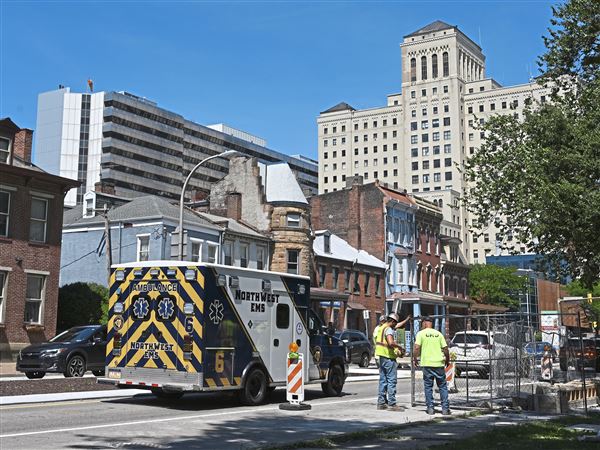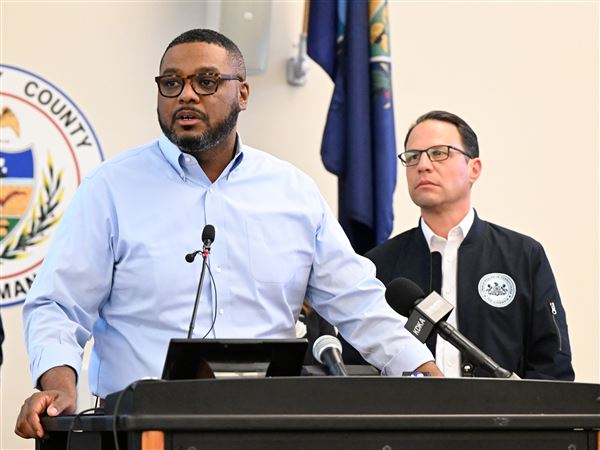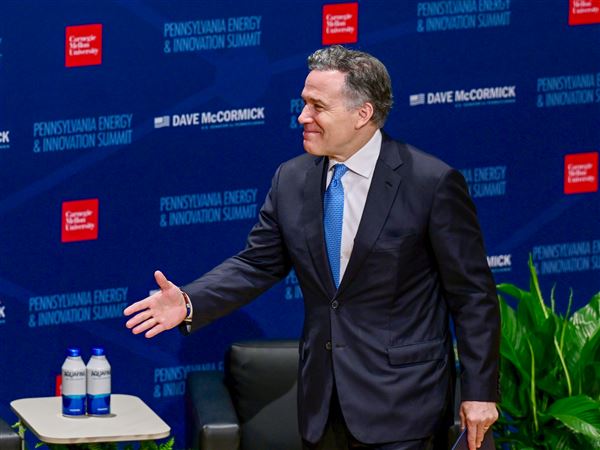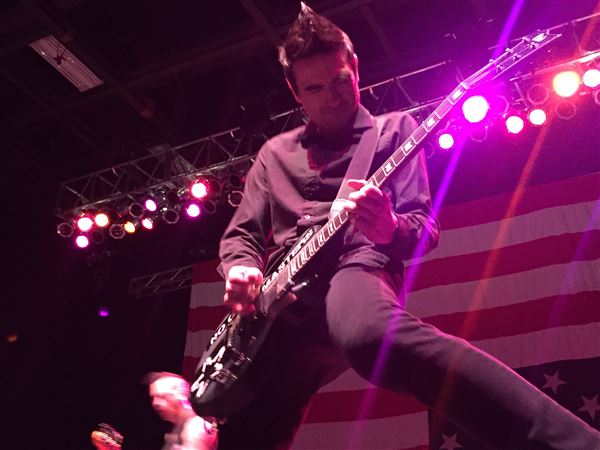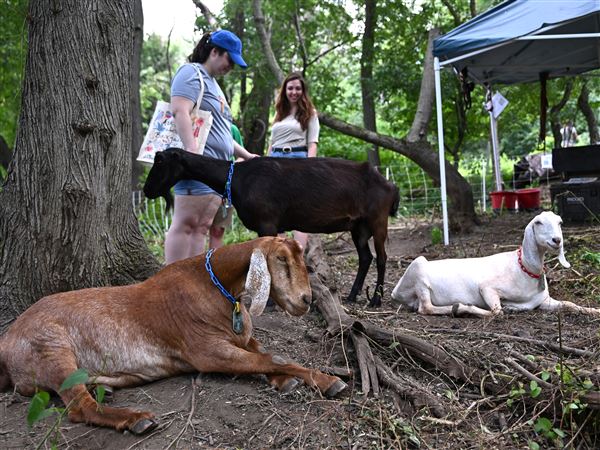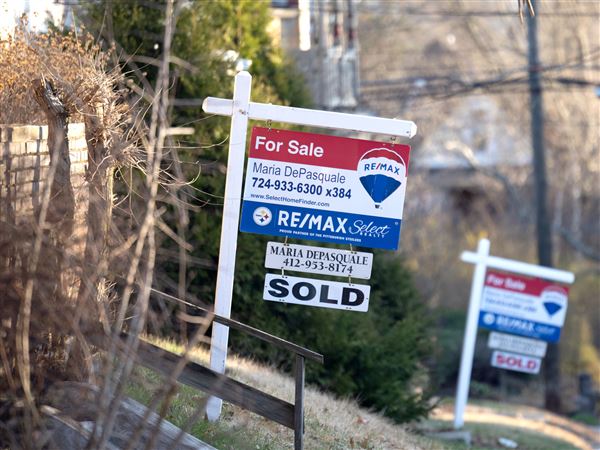I’ll never forget driving around campus that day in Jules’ beat-up Volvo. It was a bright May morning, just hours after Barack Obama won the North Carolina primary, effectively securing his party’s nomination in the coming presidential race.
Just days earlier, that outcome had hardly been assured. Approaching the end of a grueling contest, Jules, a local campaign staffer, was as focused as I’d ever seen him. He posed the challenge directly. “Drop out of school this fall. Work for the campaign full-time. Help us win.” Months later, I was standing in an empty shell of a former printing shop, hoping to build a movement in Lexington, N.C. I was 19.
After growing up in Pittsburgh, I left for college and never planned to come back. My journey with President Obama and his team took me, incredibly, all the way to 1600 Pennsylvania Ave. I served there for more than three years, most recently in the White House Office of Science and Technology Policy as part of a team focused on leveraging technology and innovation to create more effective public policy.
An important part of our work was to lend support to innovators around the country whose projects improve the quality of life of everyday Americans. We especially were intrigued by communities structured to facilitate cross-sector partnerships to produce results. In Pittsburgh, we kept a close eye on one such initiative — the Remake Learning Network.
Remake Learning is a group of educators, researchers, entrepreneurs and community leaders working together to reimagine how teaching and learning work in the digital age, and to make sure that all the region’s children can benefit.
One organization at the heart of Remake Learning is The Sprout Fund, Pittsburgh’s leading nonprofit supporting innovative ideas to improve the community. Bolstering Remake, Sprout partners with Pittsburgh’s private, academic, nonprofit and philanthropic sectors to generate new initiatives.
Sprout’s approach to grassroots innovation is powerful not only for what it accomplishes, but how. In his seminal book, “Bowling Alone: The Collapse and Revival of American Community,” political scientist Robert Putnam posits that citizens’ declining participation in civic organizations makes for more isolated communities and a more polarized country. Sprout works to actively reverse this trend by bringing citizens together to make their communities better.
I left the White House to help Sprout scale its model because of the significant implications of its work. I’ve come back to Pittsburgh because I’m deeply proud of what the region has accomplished, and I’m inspired by the opportunity to share strategies for civic revitalization born here with other communities around the world. I’m coming home because there’s something special stirring in Pittsburgh, and I want to be a part of it.
It’s been an eventful journey since Jules’ proposal that morning back in 2008. I’ve gone from the comfort of my college campus to the grueling grassroots of Southern politics to the hallowed halls of the White House and finally back to Pittsburgh.
The president’s campaigns are done and his administration near complete, but the journey is by no means over. In Washington, the fight continues for an effective, adaptive government of, by and for the people. In communities around the country, the fight continues to rebound from economic crisis and thrive anew. I’m thrilled to be back in Pittsburgh and still on the front lines.
Randy Paris is a project director for the Sprout Fund (randy@sproutfund.org).
First Published: March 28, 2015, 4:00 a.m.
